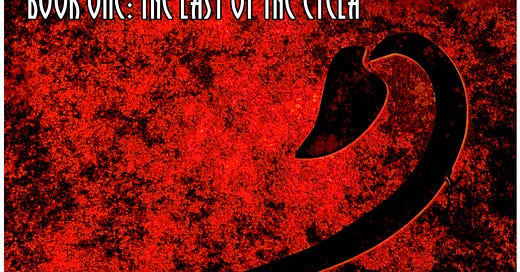Previously on The Shieldbreaker Saga… Kareva got stabby, and everyone has been dealing with the fallout basically ever since.
And now, to quote an all-time great children’s book, “It’s time to battle!”
—
Even after all his time at the right hand of Regez of Led, learning to respect the enemy so as not to be surprised, Miruz was surprised— stunned, really—…


